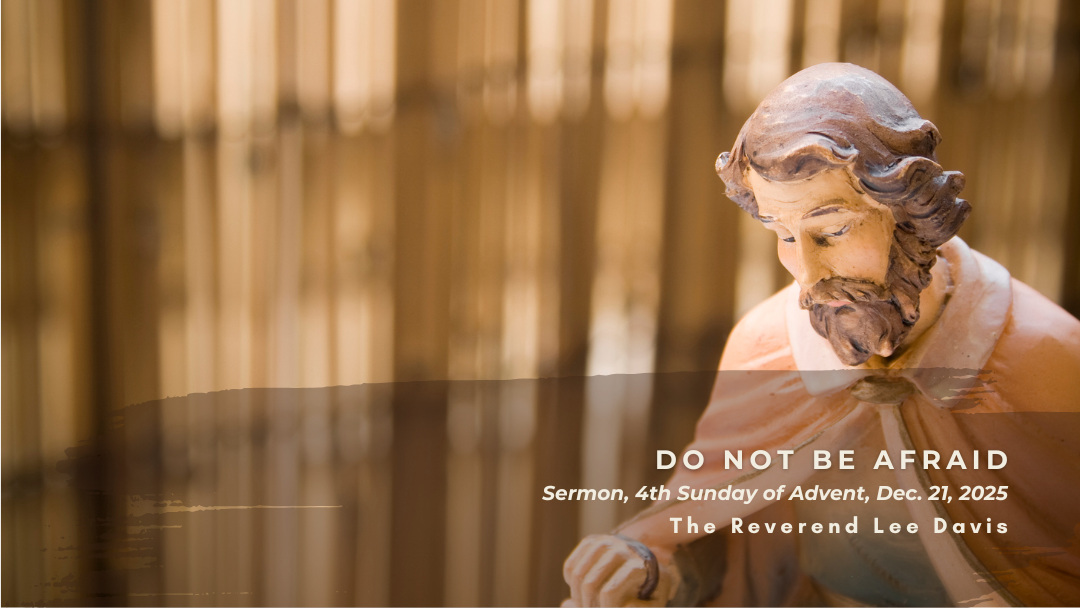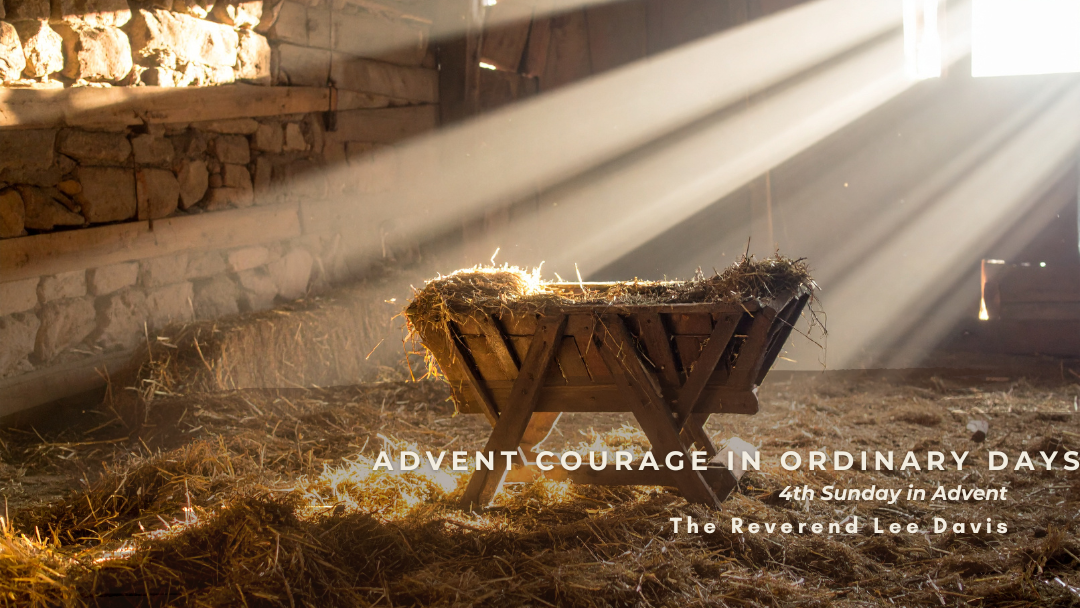Holy "Fig" Tuesday
A Holy Pause in the Journey to the Cross
As Holy Week unfolds, each day carries with it a particular tone and focus, leading us deeper into the mystery of Jesus’ final days. While Palm Sunday and Good Friday often receive the most attention, Holy Tuesday—sometimes known as Fig Tuesday—offers a profound invitation to reflect on the heart of discipleship, the call to fruitfulness, and the necessity of honest self-examination.
The name Fig Tuesday comes from an event recounted in the Gospels, particularly in Matthew 21 and Mark 11, when Jesus encounters a fig tree on his way into Jerusalem. Finding it barren, though in leaf, he curses it. This strange and unsettling moment has perplexed readers for centuries—but within it lies a deep spiritual challenge.
The fig tree, lush in appearance but fruitless upon inspection, becomes a symbol of religious hypocrisy—of outward appearances without the inward substance. In the context of Holy Week, this moment is less about agriculture and more about authenticity. Jesus isn’t merely disappointed by a tree; he’s calling out a form of life that looks good on the outside but bears no fruit for the kingdom of God.
On Fig Tuesday, we’re asked to look inward.
- Are we bearing fruit in our lives of faith?
Are we offering love, mercy, and justice—or just going through the motions?
The cursing of the fig tree is immediately followed by Jesus cleansing the temple and teaching through parables that expose the religious leaders’ failure to live into the heart of God’s law. It’s not about legalism—it’s about fruitfulness. Jesus calls his followers not to mere belief or performance, but to a way of life that produces real change, healing, and wholeness for others.
Lessons from the Fig Tree
1. Authenticity Matters
Jesus confronts systems—and people—that prioritize appearances over substance. Fig Tuesday reminds us that a thriving spiritual life isn’t about looking holy; it’s about being rooted in God’s love and bearing the fruit of that love in our relationships, decisions, and daily actions.
2. Fruit Takes Time—But It Also Takes Intention
Fruitfulness in the life of faith doesn’t happen automatically. It requires cultivating the soil of the heart, practicing spiritual disciplines, and being open to pruning—those sometimes uncomfortable moments of correction and growth.
3. Judgment as a Form of Grace
The story of the fig tree can feel harsh. But in the biblical tradition, judgment is not simply condemnation—it’s a call to transformation. Jesus’ act is meant to wake us up, not to shame us. It’s an invitation to examine our lives and return to the source of life.
Holy Tuesday is a liminal day. The hosannas of Palm Sunday have faded, and the shadows of betrayal and suffering are beginning to fall. It is a day that calls us into deeper reflection, before the full weight of the Passion descends.
In many liturgical traditions, Holy Tuesday includes Gospel readings where Jesus teaches in parables, confronts the authorities, and urges his disciples to stay awake and be ready. These teachings, coupled with the story of the fig tree, challenge us to assess our own readiness—not with fear, but with purpose.
In a world where performance and image often take precedence, the invitation of Fig Tuesday is as timely as ever. Here are a few ways to live into its wisdom:
- Examine Your Fruit
Take a moment to reflect: What fruit is your life producing? Is it love, patience, generosity, and compassion—or something else? - Cut Away What’s Unfruitful
Are there habits, patterns, or distractions that are taking up space in your life but not bearing any fruit? Lent—and Holy Tuesday in particular—is a time to prune with purpose. - Root Yourself Again in God
Just as a tree cannot bear fruit apart from good soil and water, we cannot flourish apart from God’s grace. Return to prayer, Scripture, and community. These are your roots. - Choose Substance Over Show
Resist the temptation to perform your faith. Instead, let it be deeply real—even if it’s imperfect. God doesn’t call us to perfection, but to growth.
Holy Tuesday, or Fig Tuesday, is not just about judgment—it’s about the possibility of renewal. It asks the hard questions, but it also opens the door to transformation. If we are willing to be honest about the ways we fall short, God is always ready to meet us with grace.
The good news is this: even if our branches are bare, God is not done with us. The Gardener is near. And new fruit is always possible.
So today, pause. Reflect. Tend your soil. And trust that, even in the quiet tension of Fig Tuesday, new life is stirring.













